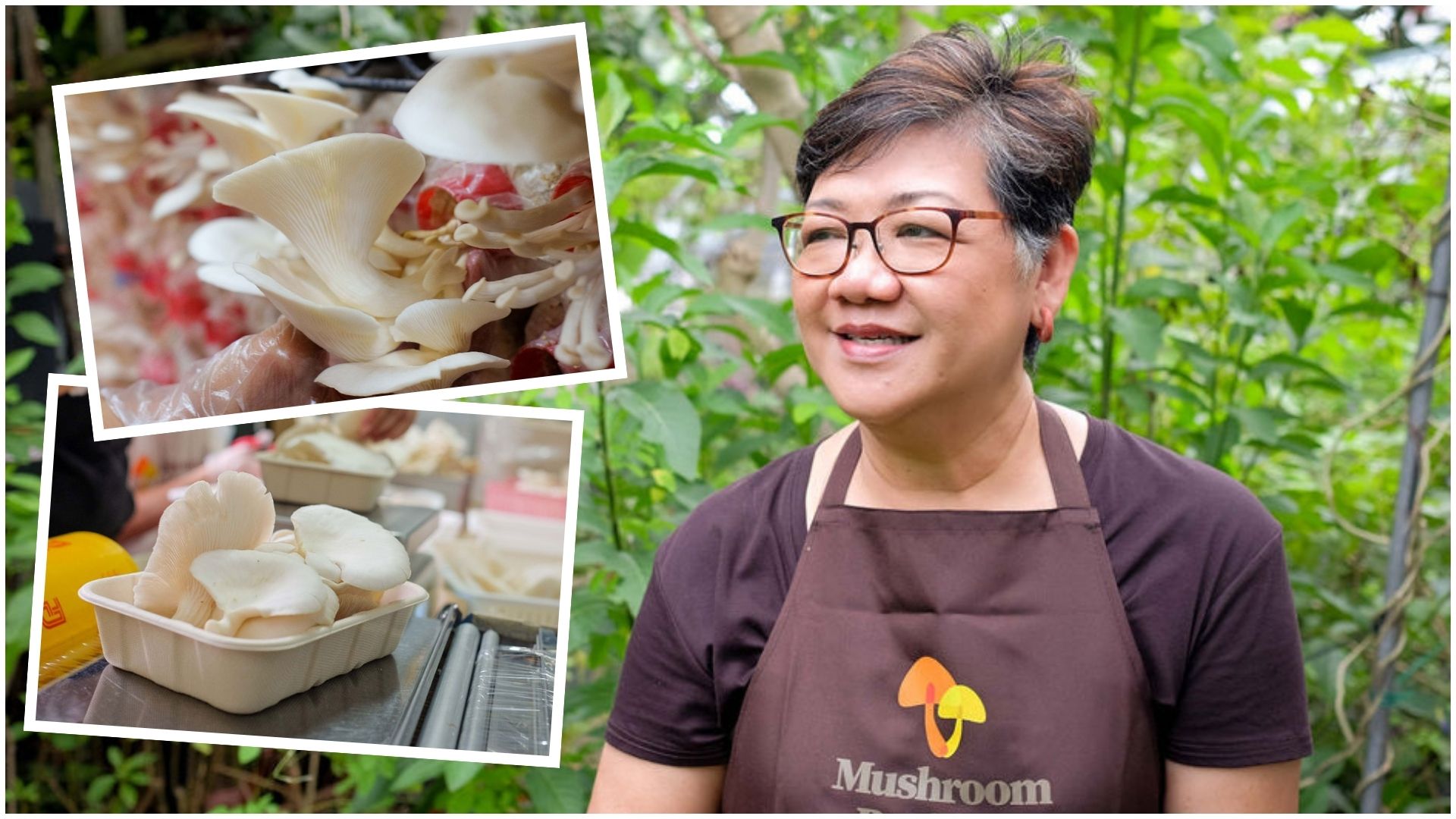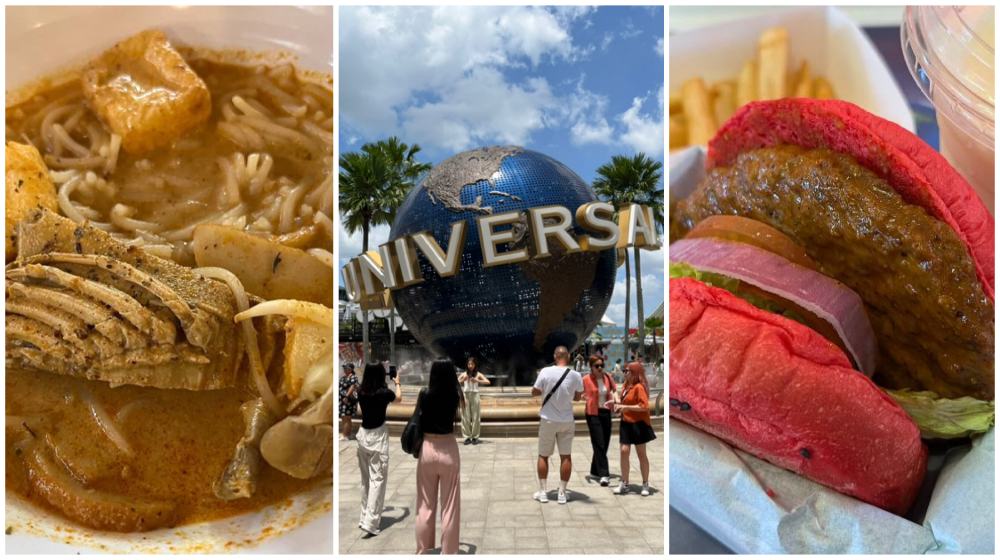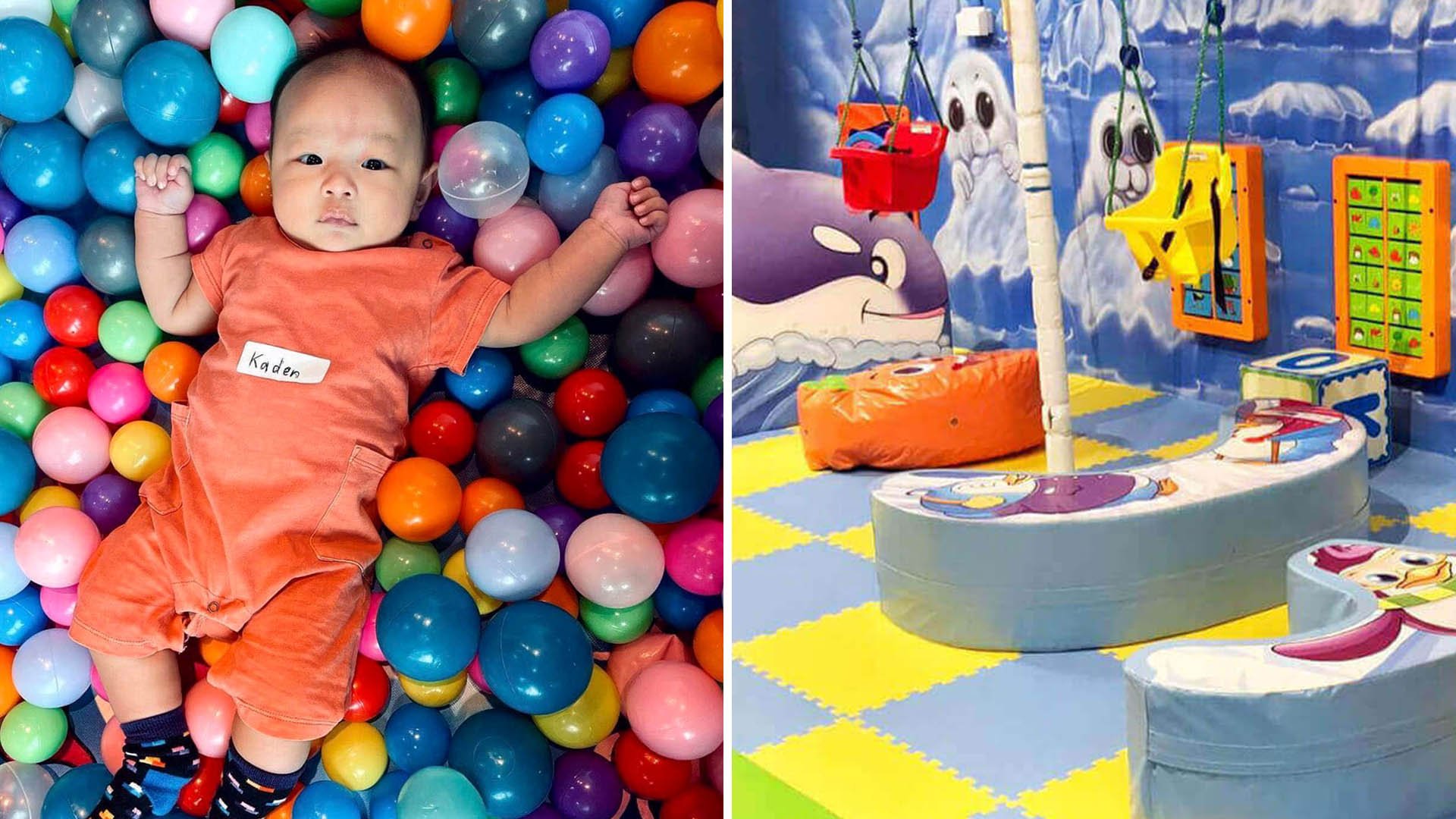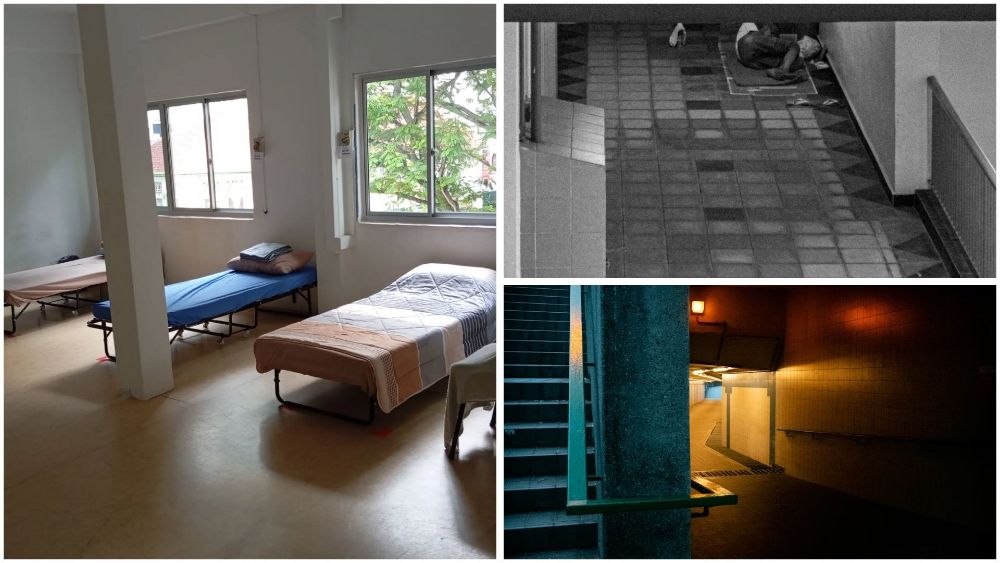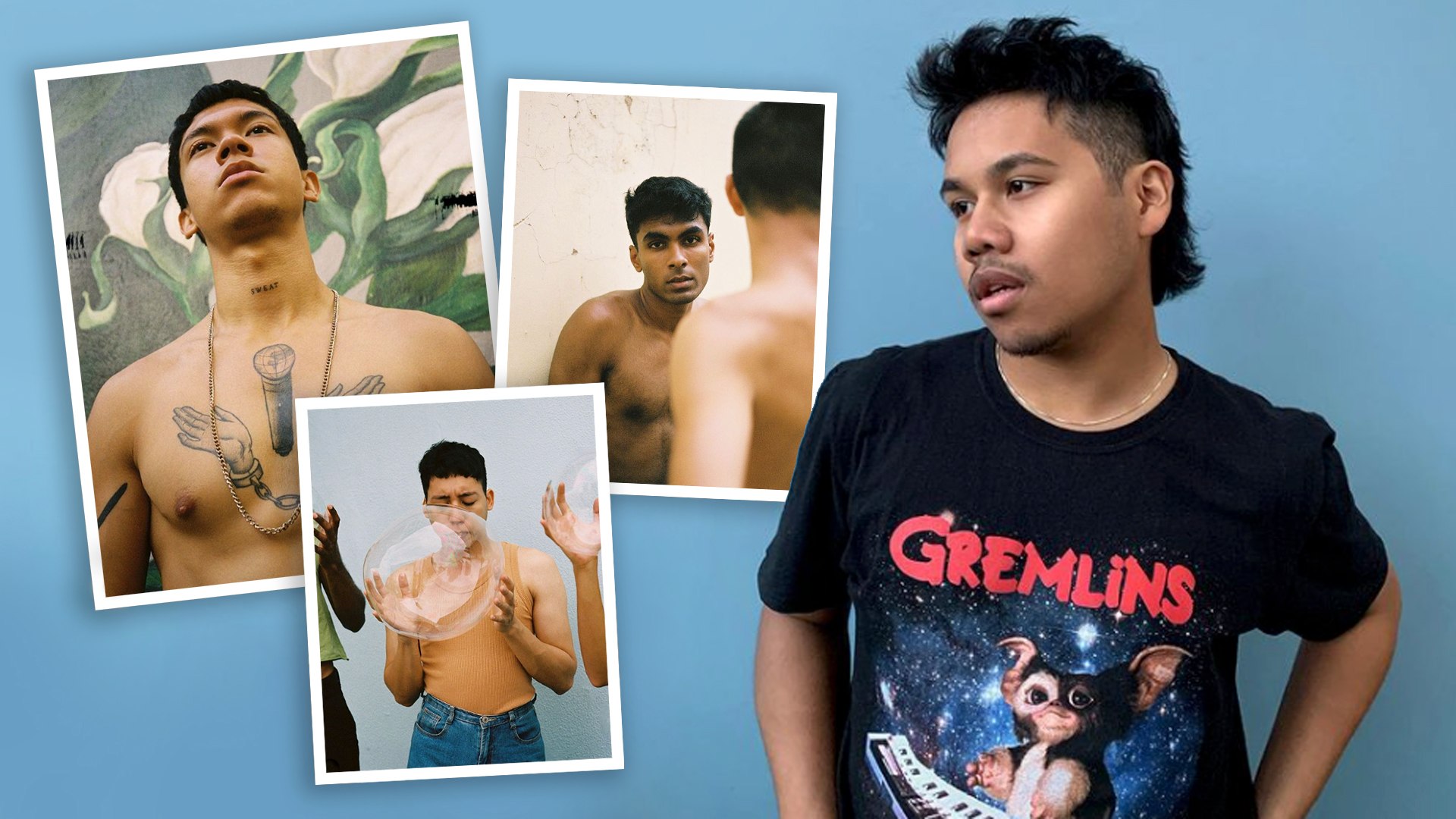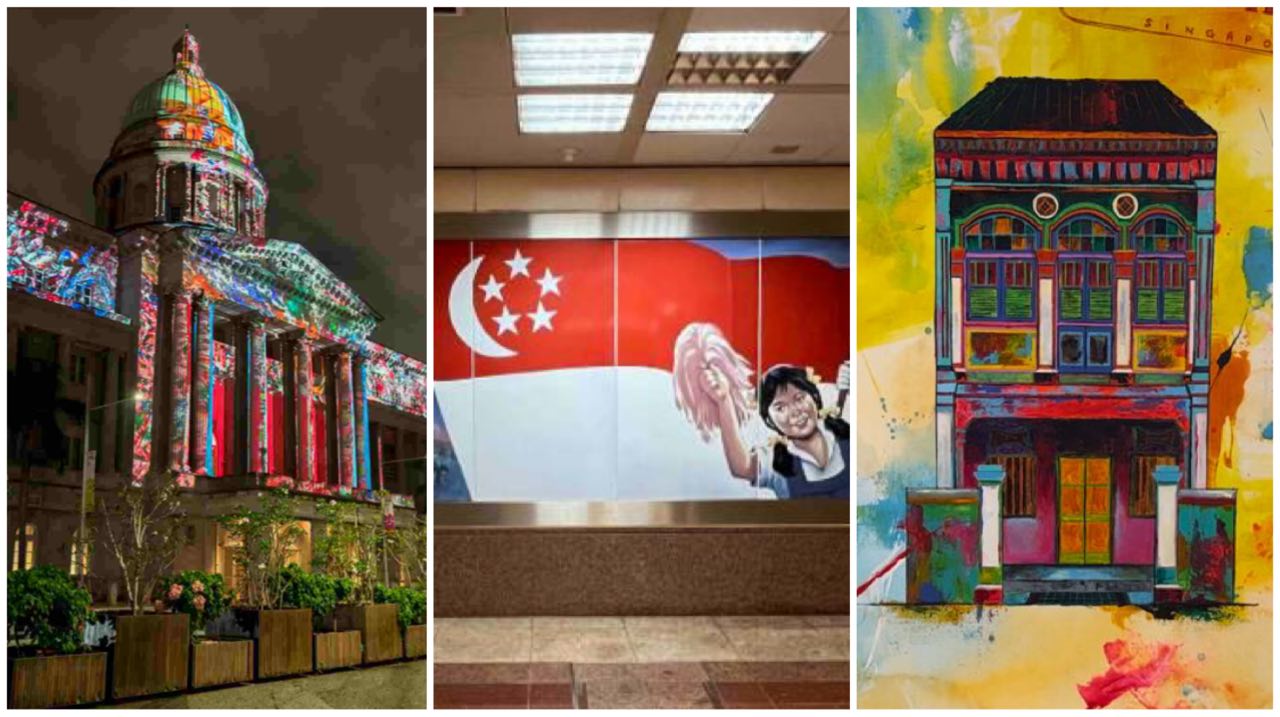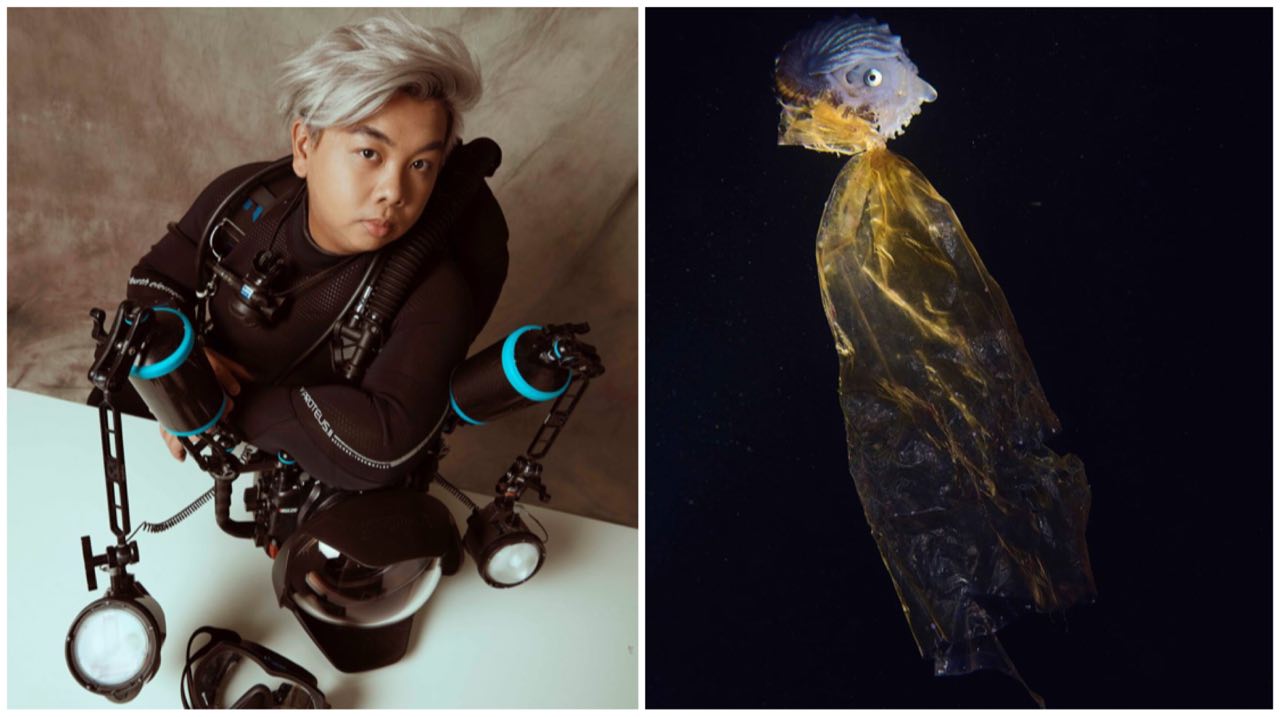Singapore Photographer Wants To Show The Diversity In The Asian Community
Actors aspire to win an Academy Award. If you are a musician, a Grammy is the highest honour you can attain.
For 26-year-old fashion photographer Hidhir Badaruddin, winning the Getty Images’ Creative Bursary grant (and the top prize, no less) is the apex of his career - so far.
The recent graduate from London College of Fashion is the first Singaporean to receive this honour, securing a grant worth US$10,000 ($13,275) and beating 250 applicants worldwide.
What secure Hidhir this coveted grant: his photo series "Younglawa", which explores his vision for a new generation of Asian masculinity, and has been recognised by cult publications like The Face, Dazed and Vice UK.
We spoke with the talented creative (who is in London currently) about his award-winning work, his vision and making photography an inclusive medium.
In the photography world, how big of an accolade is it to be recognised by Getty Images and what does it mean to you personally?
Getting recognised by Getty Images as a photographer is almost comparable to an athlete getting recognition by Nike.
Getty Images is one of the largest media licensing companies of stock images for photography and video. They own the rights to a lot of visual imagery, almost any form of photography that you see in ads, especially, is owned by them.
I had just graduated from uni a couple of months ago, amid the pandemic. As an emerging photographer, the recognition is a blessing for a young creative like myself.
Tell us more about your award-winning project "Younglawa" and the inspiration behind it.
The need for me to create this series comes from the feeling of being questioned about “what kind” of Asian I am. This really made me think of how underrepresented brown Asians are. Brown Asians such as South Asians (Indians, Pakistanis) and Southeast Asians (Malays, Filipinos) are often overlooked.
I wanted to create a platform for people that look like me to be represented in a way that I haven’t seen before. There is great diversity within the Asian community, but you wouldn’t know that looking at mainstream media.
At the same time, I wanted to explore the different faces of masculinity within the Asian community.
As a young Asian creative based in London, what are some of the challenges you've faced in pursuit of your work?
Being Asian and a young creative comes with its set of challenges. I didn’t know a single soul coming to London, therefore I had to make my way from the bottom up.
Being in a predominantly white industry, you have to be confident with yourself and know your worth. I can’t even begin to express the number of times people came up to me on the set of a shoot asking if I was the intern or assistant.
Very often, they’d be surprised when I told them that I was the photographer. I guess people have this notion that photographers are usually very much “older” or mature white men.
For a while, I gave into the narrative of how brown Asians were only meant to lead certain career paths and positions. Over time, I realised that if I wanted to see a change in this narrative that has been ingrained in me all my life, I had to be the one making the change.
How important is it to present a more diverse view of Asian masculinity to the Western world?
When you think of the traditional masculine figure – white, physically well-built and strong are attributes that come to mind. This has always been the visual narrative reinforced by what we see on screen and in print across mainstream western media. It has always stemmed down to how we have been portrayed.
My photography reflects the inclusive vision that challenges Eurocentric beauty standards, where light skin or features have been largely favoured. I don’t recall the last time I ever saw a brown Asian male fronting fashion campaigns or films within the media.
Being able to see yourself, your community or identity portrayed is so important – especially for the younger generations growing up right now.
How has "Younglawa" opened doors for you in terms of furthering your career and what are your hopes for the future?
"Younglawa" is an ongoing series because it was never finished. COVID-19 happened and everything had to be put on hold.
When [bi-monthly British style magazine] Dazed picked up my photo series to debut "Younglawa", it was so surreal because it was a magazine I grew up admiring from afar, and to then get recognition from the editors was insane.
"Younglawa" has since been featured by The Face magazine, It’s Nice That and Vice UK. Seeing such a personal project for me get this recognition and resonate with so many across the world only gives hope to the possibility of what it can become.
We are still in lockdown here in London, hopefully once things get back to normal, being able to continue working on "Younglawa" would be the goal. I hope to elevate "Younglawa" on a bigger scale, possibly through a book or an exhibition that I can hold both in Singapore and the UK.
For the latest updates on Wonderwall.sg, be sure to follow us on Facebook and Instagram. If you have a story idea for us, email us at [email protected].

